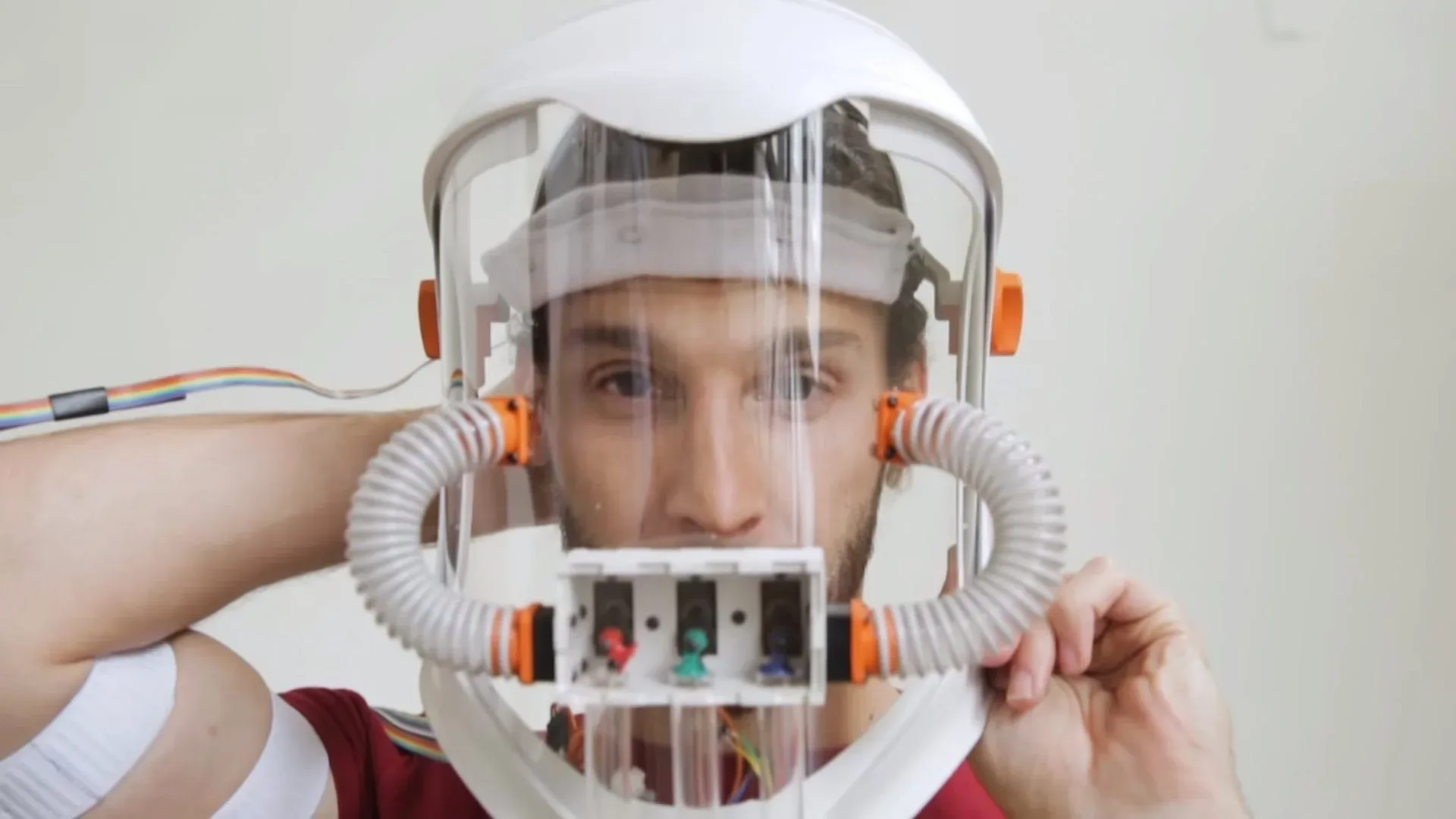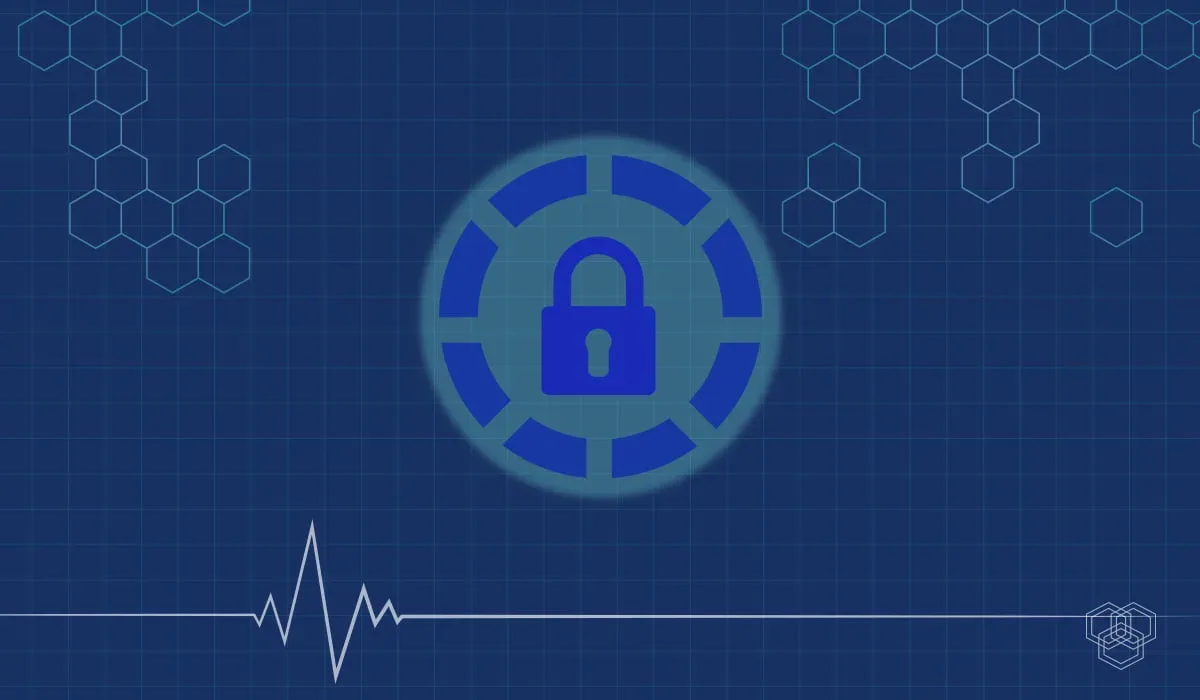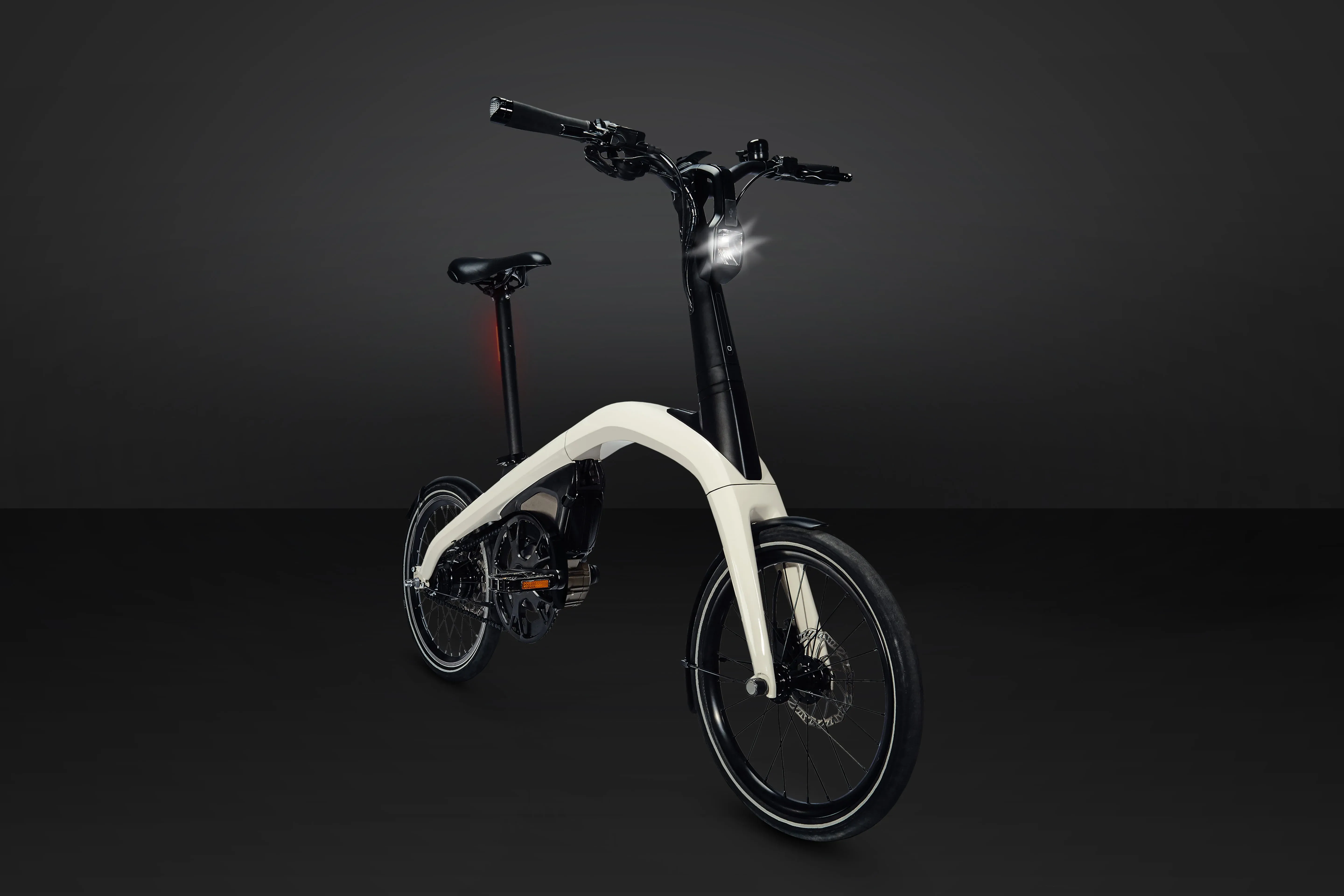When technology is evolving, even the latest trends will seem out of date within just a few years. Predictions made not too long ago about self-driving cars AI and are very much real now. The rapid acceleration of technology reinforces the saying the change is constant.
If mentioning future tech brings to mind Quantum Computing, Neuralink, or such grandiose technologies, you are thinking too far ahead. This post brings you closer to the ground with the amazing technologies you use today. Here are some practical technology trends making our lives better now.
Augmented Reality (AR) & Virtual Reality (VR)
Clarke’s first law states that any sufficiently advanced technology is indistinguishable from magic. Sure enough, when we can create a virtual world we can live in, that is magic. The medical and decor industries are the forerunners in the use of AR. Medical students use it to practice surgery, and designers use it to create amazing building designs.
If you play computer games, you must have considered using VR to optimize your experience.
Cognitive Cloud Technology
Cognitive technology falls in the same category of innovation as virtual reality and machine learning. However, it is a unique technology in that it is a broader concept. It combines multiple cognitive tech tools, including speech recognition and natural language processing.
Amazon Web Services are an excellent example of cognitive cloud computing technologies in use today. Siri, Alexa, and Google Assistant also rely on this tech. The innovation enables computers to understand and process human language with minimal data. There is a good chance that apps on your smartphone already use cognitive technologies.
I-Apps (Intelligent Apps)
Intelligent apps, or plainly I-Apps, are mobile device software built on AI and machine learning platforms. These pieces of software are designed and made to make everyday tasks easier for the end-user. Some of them do simple tasks such as prioritizing emails, scheduling meetings, and optimizing content. The best thing about these apps is that they can easily optimize to carry out a specific task.
Intelligent apps are already running on your phone and computer. They may rely on the user’s historical as well as real-time data to make predictions and suggestions. However, the most outstanding feature is the ability to learn and adapt to the user’s requirements.
DevOps
DevOps is more of a methodology than a technology, but it deserves a place in this list. DevOps is a way of developing software systems that ensure development and operations are harmonious.
A DevOps cycle is best pictured as an infinite loop that brings together developers and management teams for three reasons:
- To automate infrastructure.
- To optimize workflows.
- To continuously measure and optimize software performance.
DevOps can also be a collection of advanced tools that boost an organization’s ability to deliver fast and efficient services. This methodology is revolutionizing how the software you use in your devices is designed and made.
Conclusion
It is not uncommon to take for granted technologies we do not get to see work first-hand. We live in an age where whether something works is more important than how it works. It is clear, though: we need the technologies that make our societies what they are today.
If you are not making use of these technologies in your day-to-day life, there is a chance you are living it wrong. These technologies add to our quality of life and determine how our societies will be tomorrow.







Share Your Thoughts